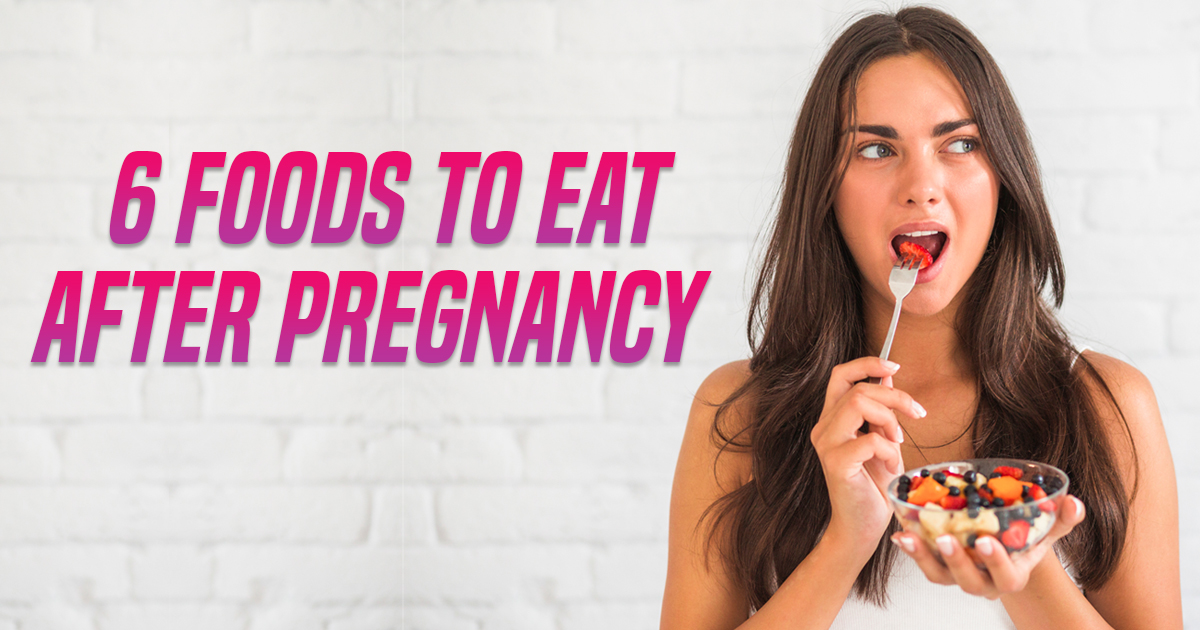The nine months of your pregnancy were certainly filled with mixed feelings. You were worried about your baby and your health, and you probably had to look for daycare as well to make sure your baby would be in good hands after you went back to work. You’re probably trying to catch up on all the fun dates you missed with your friends. Add to that the worry of maintaining a proper diet chart. So much of what you thought were great foods turned out to be veritably nasty for your health, and so much that you could actually eat did not appeal to your taste buds at all. Now that all that is over and you have met your little angel, you would hope to get back to your normal routine, right? Nope, that is not happening anytime soon. In this article, we will see what a new mother should and should not be eating.
Calorie dense foods
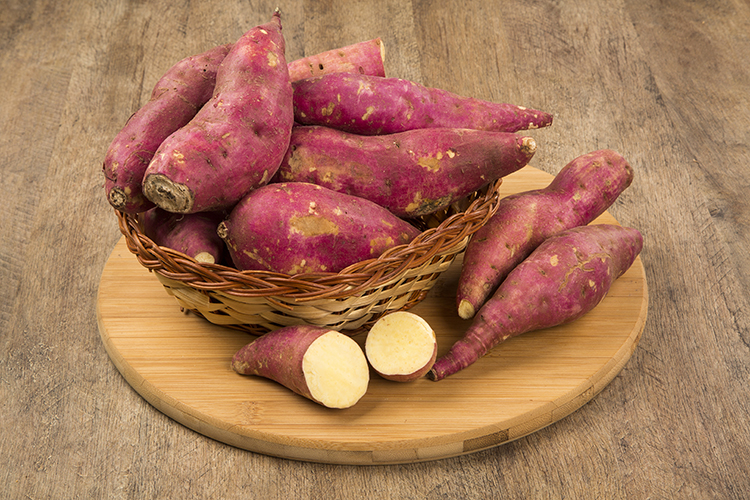
You will be surprised at how exhausting the first few months after having a baby is. The little thing needs constant attention, and you probably cannot stay away anyway. The baby needs to be fed every few hours, and have its diapers and bedclothes changed. Add to that the fact that a lot of babies tend to wake up at night all hungry and irritable, and you must stay awake to take care of them. In such a situation, it is important that you load enough calories on your plate throughout the day so that you get the energy to power through the 20-hour workday.
Lots of protein
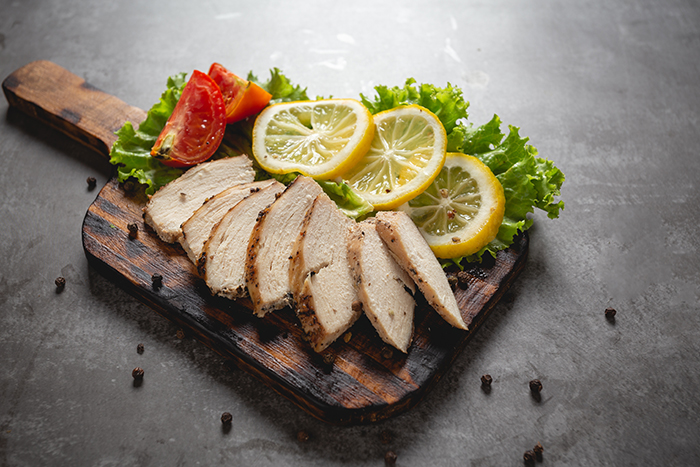
However, that does not include empty calories. Stock up, instead, on high-calorie foods that will give you a lot of nutrition and energy. Bananas and avocados are great sources of calories and nutrition, as are lentils and potatoes. Add some eggs, fish, and chicken to your diet as well; whether you have had a normal delivery or a Caesarian one, there are wounds that need to heal, and nothing stitches muscles up better and faster than proteins.
Fruits, vegetables, and liquids
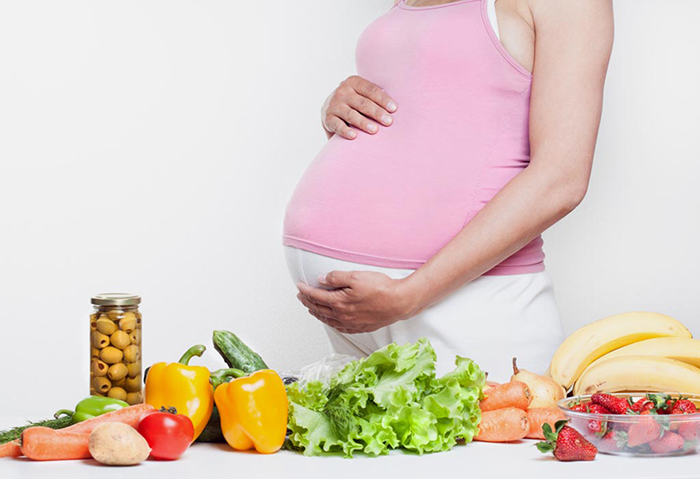
Load your plate up with ample fruits and vegetables. Anything will do as long they don’t make you sick or gives you allergies. Few things found in nature are as nutritious as fruits and vegetables, and a plateful of seasonal produce from the local farmer’s market will give you more nutrition than any supplement you can think of. Add a whole bunch of whole grains to your diet, and do not forget to drink plenty of water. Avoid fruit juices unless absolutely necessary; it is always more nutritious to eat the whole fruit instead of an extract.
Avoid strong beverages

Lay off the coffee, tea, and alcohol for the time being. These may not cause your body much harm but will have a significant effect on the breast milk your infant will consume. Studies show that excess amounts of caffeine and tannin in breast milk lead to developmental challenges. And since you stopped smoking while pregnant, it is a good time to never retrace those steps again.
Fiber and vitamins
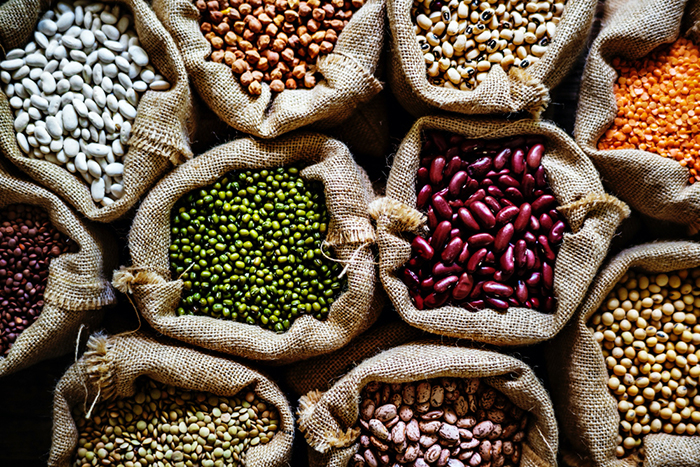
Getting back in shape is perhaps high on your list after delivering the baby. Remember that the pregnancy weight will not disappear overnight, and that is not recommended either. Give yourself a healthy amount of time to return to your original size. In the meantime, eat a lot of fibrous and nutritious foods like leafy greens, lentils, fruits, vegetables, and whole grains, get a lot of water into your system on a daily basis, stay off the junk food, and sugars, and keep up the exercise.
Avoid raw and junk food

More or less the same rules apply to your pregnancy and postpartum diet. Avoid eating anything raw or undercooked, as listeria is a bacterium that can affect the baby through the other’s milk, and might result in developmental problems. Do not eat anything straight out of the refrigerator; heat them up and eat them piping hot. Avoid junk foods and food ordered from a restaurant, unless you are absolutely certain of the ingredients used and the hygiene standards maintained in the kitchen.
Also read: What to eat and what to avoid during pregnancy?
It is important for a mother to eat healthy for multiple reasons. First of all, the only food that your baby will depend on for the first few months after being born is breast milk. Anything you eat will have an effect on the breast milk that you produce, so it is important that you eat the right things. Besides, pregnancy causes a lot of changes to your body, and it doesn’t jump back like elastic to where it was none months ago. Everything you eat will not agree with your constitution. Besides, giving birth is a physical transformation that requires you to heal, and so you need to eat the healthiest foods to make sure that you heal as quickly as possible.

